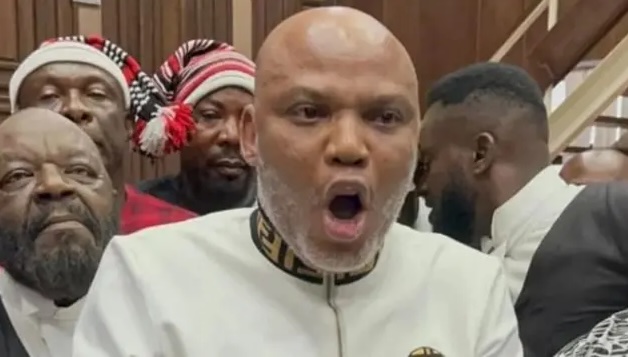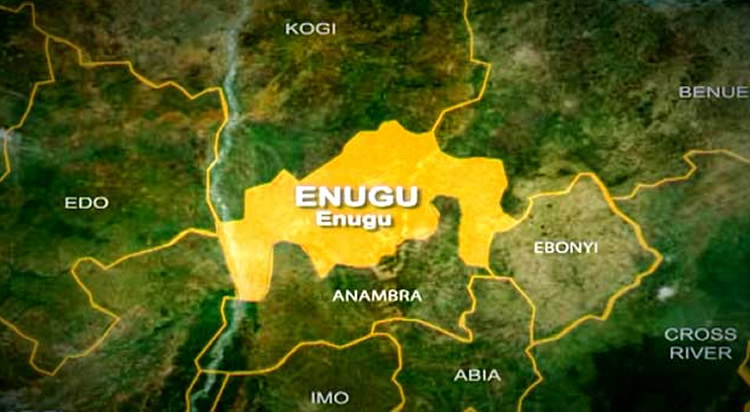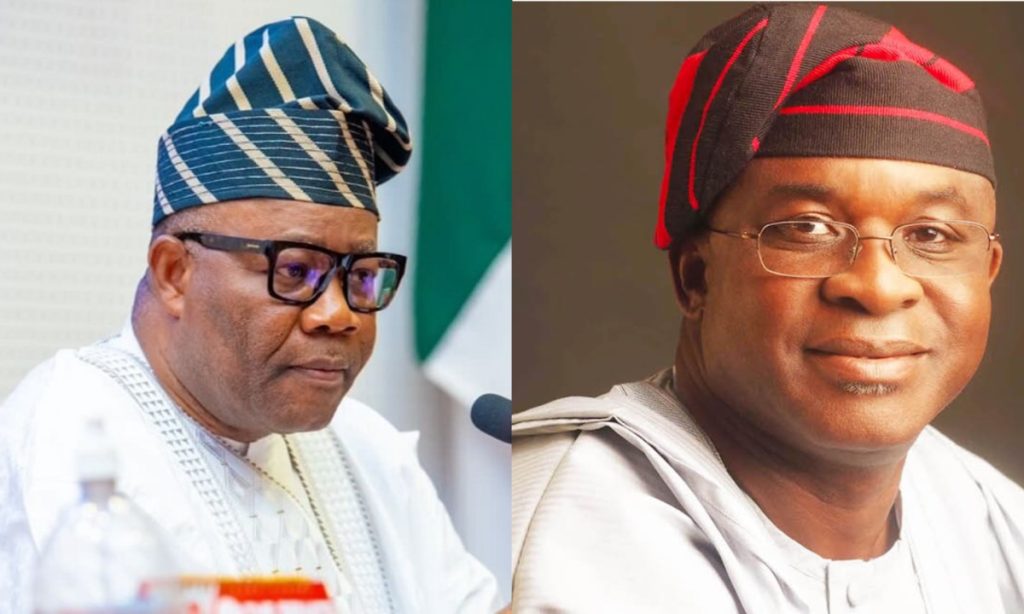The Nigerian Naira experienced a decline in value against the US dollar at the official foreign exchange market on Wednesday. According to data from the Central Bank of Nigeria, the Naira dropped to N1,494.03 per dollar, down from N1,484.14 on Tuesday. This represents a depreciation of N9.89 against the dollar on a day-to-day basis.
At the black market, the Naira remained stable at N1,537 per dollar on Wednesday, unchanged from the previous day’s rate. The stability in the black market rate comes despite the depreciation recorded at the official market.
The Naira’s depreciation at the official market is notable, given that it had reached its highest single-day and seven-month peak on Tuesday. The Central Bank of Nigeria’s data also showed that the country’s external reserves have continued to rise, standing at $41.89 billion as of September 16th, 2025.
The foreign exchange market in Nigeria has been subject to fluctuations in recent times, with the Naira’s value against the US dollar being closely watched. The Central Bank of Nigeria has been working to stabilize the currency and maintain a unified exchange rate across different markets.
The current state of the foreign exchange market in Nigeria is significant, as it can impact the country’s trade and economic activities. A stable exchange rate is crucial for businesses and individuals who engage in international trade, as it can affect the cost of imports and exports.
The rise in external reserves is a positive development, as it can provide a buffer against potential economic shocks. The Central Bank of Nigeria’s efforts to manage the foreign exchange market and maintain a stable currency are ongoing, and the current trends will be closely watched by stakeholders in the coming days.
In recent months, the Naira has experienced periods of appreciation and depreciation, reflecting the complex dynamics of the foreign exchange market. The interplay between supply and demand, as well as external factors such as global economic trends, can influence the value of the Naira against the US dollar. As the Nigerian economy continues to evolve, the foreign exchange market is likely to remain a key area of focus for policymakers and stakeholders.



